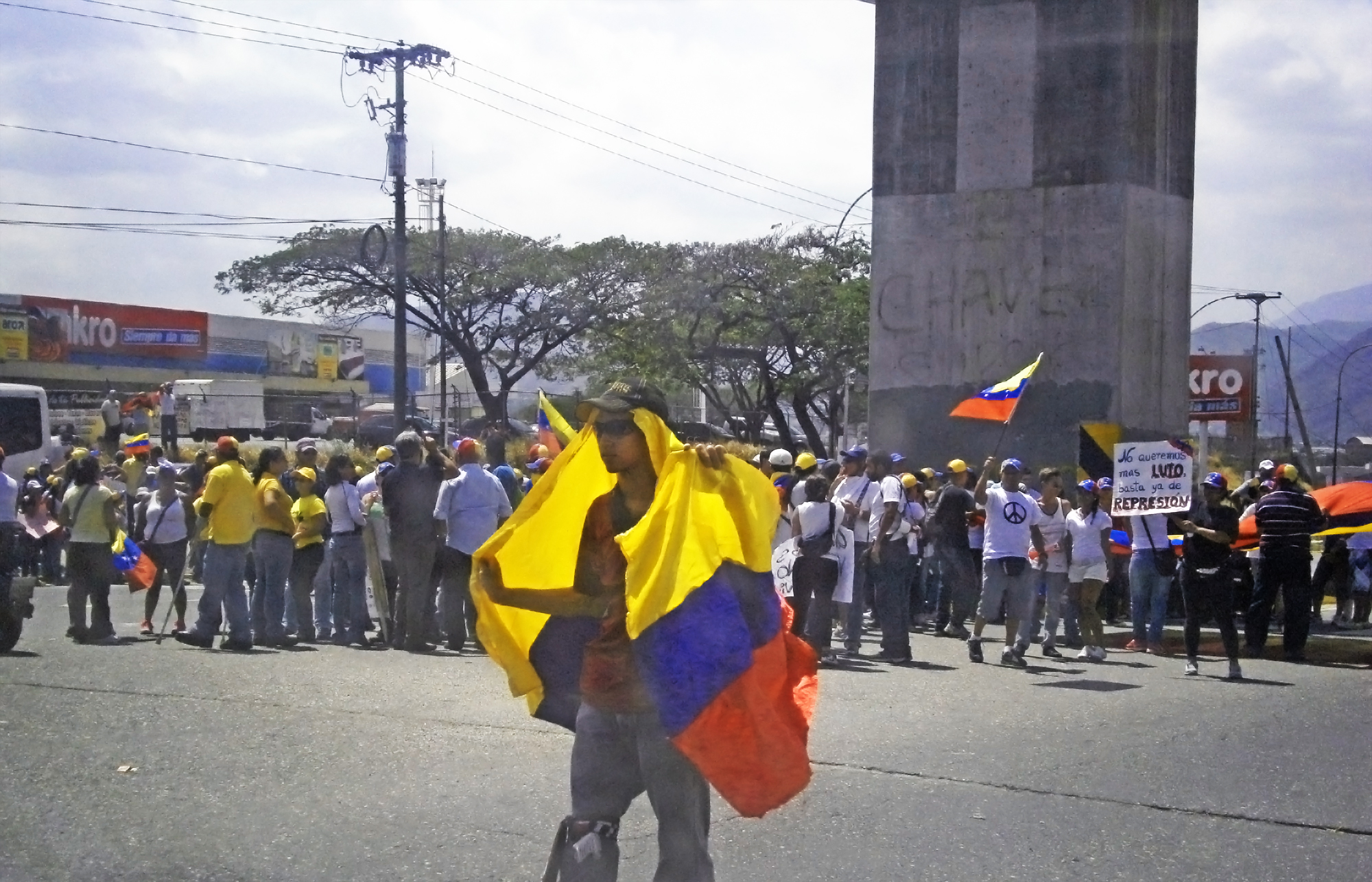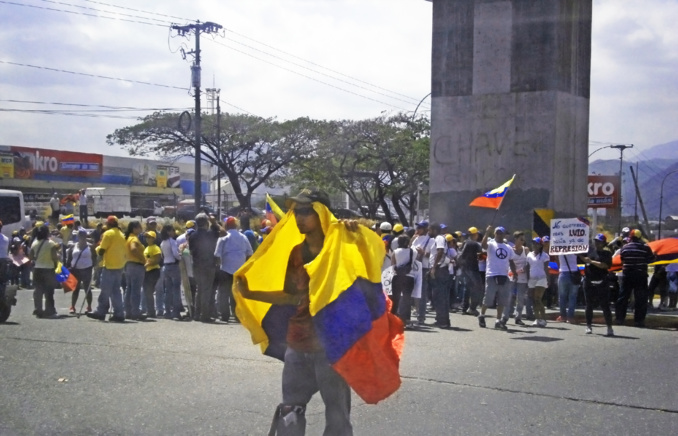The opposition does not doubt in its victory. According to Datanalisis sociological center, 70% of Venezuelans reject the Constitutional Assembly, which elections are scheduled for July 30. Opponents of the authorities fear that changes to the constitution will lead the country Cuba's path with its one-party political system and the dominant state sector in the economy. As the opposition’s leader, Governor of the State of Miranda Henrique Capriles put it, the referendum should stop "the constitutional madness of the authorities".
The voting took place at 2 thousand stations in the country and 500 located abroad. The Venezuelans living abroad were more active than their compatriots living within the country. The first polling stations opened in Saudi Arabia and Oman.
The opposition referendum aroused a keen interest in the world. Five former Presidents of Latin American countries - Andrés Pastrana (Colombia), Vicente Fox (Mexico), Jorge Quiroga (Bolivia), Laura Chinchilla and Miguel Angel Rodríguez (Costa Rica) came to Caracas to oversee the process. It was a rare case in diplomatic practice – the welcomers at the airport were not people from the government, but the opposition’s representative María Corina Machado and representatives of the National Assembly. This attitude of the authorities to the observers is understandable: all the incoming ex-leaders, to put it mildly, are cool to the current Venezuelan leader. Vicente Fox told journalists: "the plebiscite opens the way to end Maduro's rule". "Mr. Maduro must understand that no one wants him and that he cannot continue to destroy the Venezuelan economy," said former President of Mexico.
Foreign politicians consider the opposition referendum the biggest challenge to Nicholas Maduro in more than 3.5 months of anti-government protests, during which 95 people were killed, about 500 wounded and over 1,500 detained. "This popular vote is one of the most important actions in Latin America in recent years, as it will allow Venezuelans to express their desire for freedom and democracy," says Bolivian Jorge Quiroga.
President of Venezuela, meanwhile, does not intend to retreat. He is considering the last Sunday of July the day that will determine the country’s future. "We are going to elect the Constitutional Assembly to save our country," says Nicholas Maduro, who has repeatedly posed as a "victim of an anti-government plot" prepared in Washington. Recently, Mr. Maduro described himself as "Saddam Hussein, only alive", and Venezuelans - "Jews who survive the Holocaust."
source: reuters.com
The voting took place at 2 thousand stations in the country and 500 located abroad. The Venezuelans living abroad were more active than their compatriots living within the country. The first polling stations opened in Saudi Arabia and Oman.
The opposition referendum aroused a keen interest in the world. Five former Presidents of Latin American countries - Andrés Pastrana (Colombia), Vicente Fox (Mexico), Jorge Quiroga (Bolivia), Laura Chinchilla and Miguel Angel Rodríguez (Costa Rica) came to Caracas to oversee the process. It was a rare case in diplomatic practice – the welcomers at the airport were not people from the government, but the opposition’s representative María Corina Machado and representatives of the National Assembly. This attitude of the authorities to the observers is understandable: all the incoming ex-leaders, to put it mildly, are cool to the current Venezuelan leader. Vicente Fox told journalists: "the plebiscite opens the way to end Maduro's rule". "Mr. Maduro must understand that no one wants him and that he cannot continue to destroy the Venezuelan economy," said former President of Mexico.
Foreign politicians consider the opposition referendum the biggest challenge to Nicholas Maduro in more than 3.5 months of anti-government protests, during which 95 people were killed, about 500 wounded and over 1,500 detained. "This popular vote is one of the most important actions in Latin America in recent years, as it will allow Venezuelans to express their desire for freedom and democracy," says Bolivian Jorge Quiroga.
President of Venezuela, meanwhile, does not intend to retreat. He is considering the last Sunday of July the day that will determine the country’s future. "We are going to elect the Constitutional Assembly to save our country," says Nicholas Maduro, who has repeatedly posed as a "victim of an anti-government plot" prepared in Washington. Recently, Mr. Maduro described himself as "Saddam Hussein, only alive", and Venezuelans - "Jews who survive the Holocaust."
source: reuters.com



















